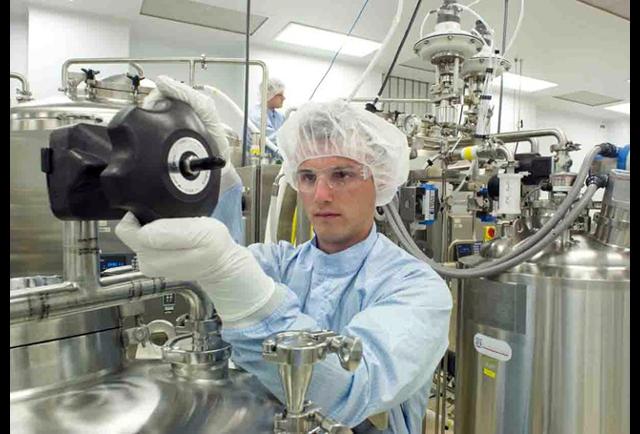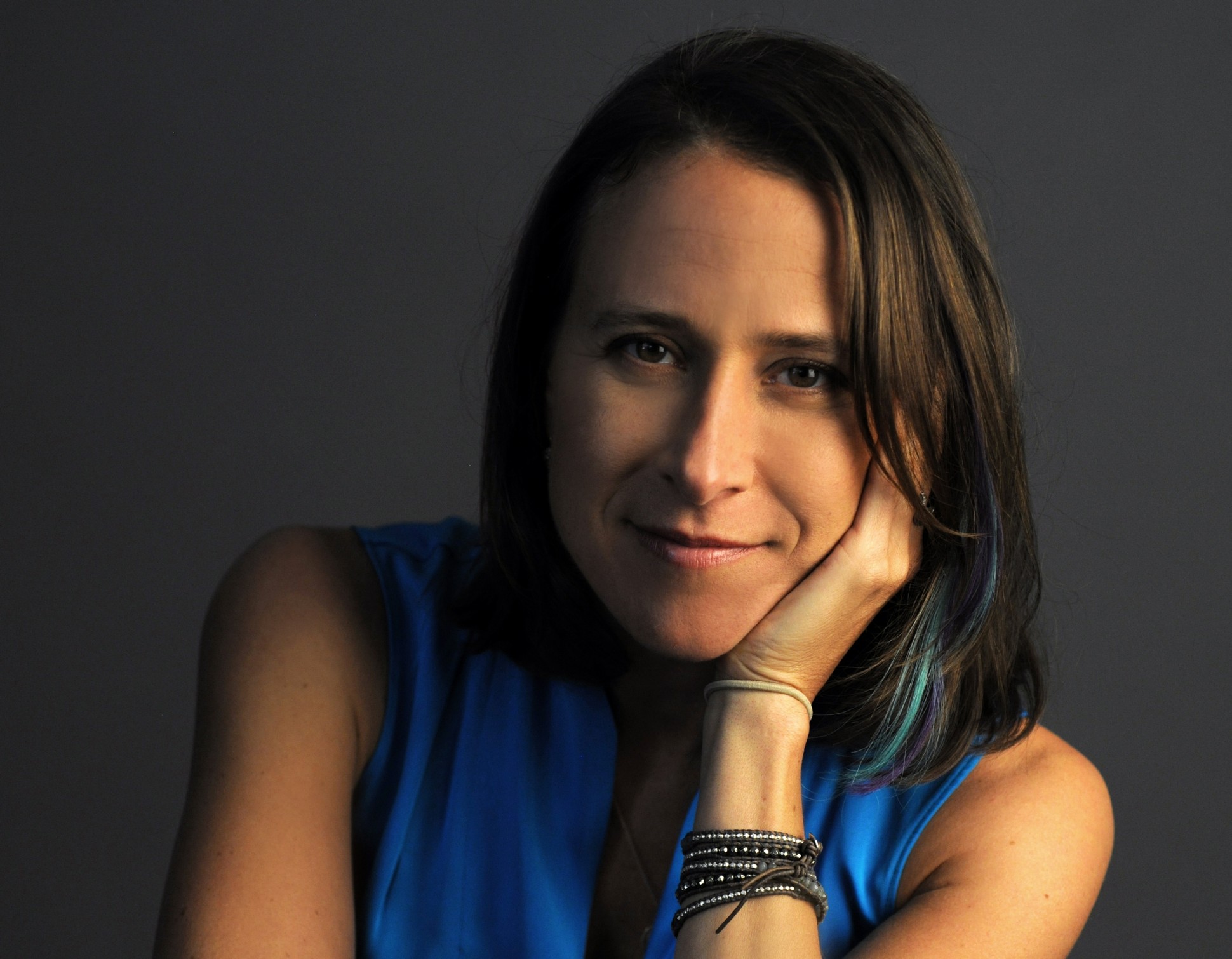What Does It Mean to Share 'Raw Data'?
It turns out that defining "raw" is a little trickier than it might seem.
Send us a link
It turns out that defining "raw" is a little trickier than it might seem.
Justin Trudeau, 23rd Prime Minister of Canada, answers the question "What is your stance on AI research given Canada's privileged position in the field?" in an online forum.
Popular-audience science writing are more concerned with what we don't know than what we do.
Brazilian women are leading the world when it comes to a key measurement on science, surpassing the ranking of the United States, the United Kingdom and the European Union.
The human brain?
Can a march spawned by a political firestorm embrace science at its essence, a quest for the complete and objective truth?
As privatized platforms like Academia.edu look to monetize scholarly writing even further, researchers, scientists and academics across the globe must now consider alternatives to proprietary companies that aim to profit from our writing and offer little transparency as to how our work will be used in the future.
Fake news has been in the news a lot lately. Fake news proliferated wildly during the 2016 U.S. election, much of it completely fabricated, usually with an extreme partisan bias. Fake news is corrosive. It mis-informs the public, divides people against one another, leads to bad policy decisions, and can even induce people to take action against imaginary threats.
How should the scientific publication process be rethought to be more meritocratic?
When you pay for something, you expect to receive it. Whether a physical good or a service, there is the rightful expectation that you will receive something in exchange for your money. The same should be true for scientific research.
Like the phone, typewriter, or parchment and ink, social media is a tool for communicating with our fellow humans. It’s the best we’ve ever had, in fact.
It is remarkable that the sharing of academic research was the genesis of the modern web, yet today remains one of the last bastions of non-free content on the web.

[8]Editas, a company started by several gene-editing pioneers, gets new funding to develop treatments for blood cancers, eye diseases, and sickle-cell anemia.

Is public money being thrown away on scientific research whose results won’t hold up to scrutiny?

A deal being announced today with Genentech points the way for 23andMe to become a sustainable business.
